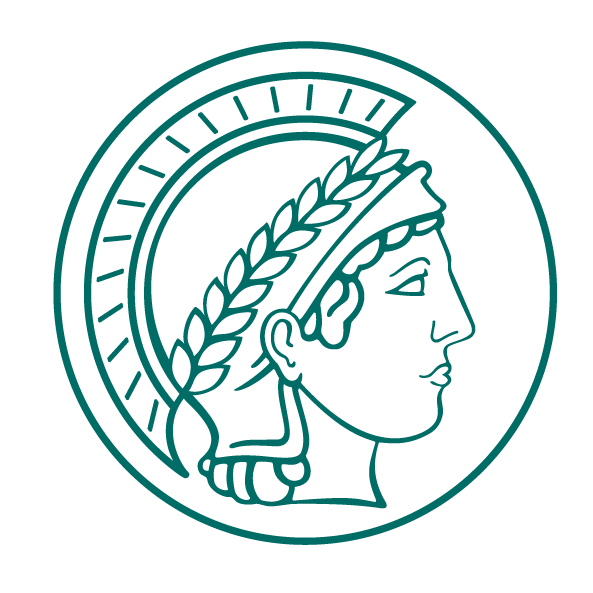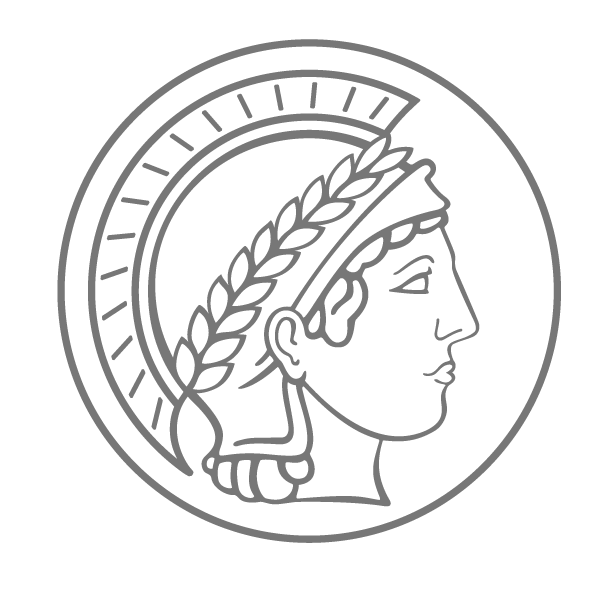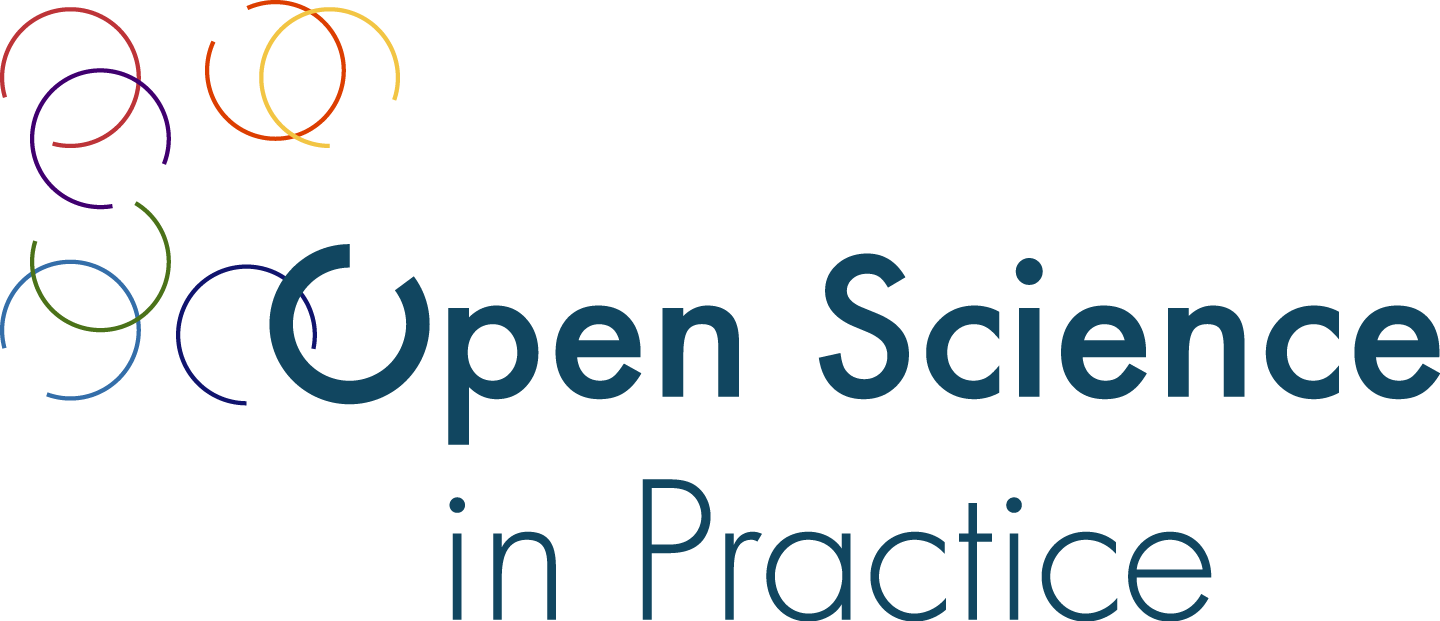What are Open Science Policies?
Open Science Policies (OSPs) can include statements, principles, guidelines and/or strategies on how to navigate or assess Open Science within a given parameter. These can be issued on different levels e.g. by international and national governments or organizations as well as research institutions themselves. Other interested parties are e.g. funders and publishers of scientific research.
However, not always are these elements of OSPs stated in an individual and specific document on Open Science. They can also be found in other statements, policies or guidelines that advice the current scientific process or the directory of it for the future. For simplicity reasons we will refer to all documents that contain elements of Open Science as OSPs.
How do they affect researchers?
Are OSPs on an international, national and institutional level strictly binding? This is not an easy question to answer. The freedom of scientific research is an important constitutional right and value of the scientific world. Still, the consensus on good scientific practice includes aspects of handling facets of Open Science. Each researcher should be aware of these principles and follow them diligently. Funders and publishers might be stricter and make the fulfilment of their OSPs a prerequisite for their support or services.
Researchers who want to push for more Open Science in their own practice or surroundings can refer to these documents for advice or argumentative support on where current priorities may lie. Following the principle of “as open as possible and as closed as necessary”, Open Science can reach legitimate limits of openness. Researchers reaching these limits might also find insights in OSPs on when and how “opt-outs” might be possible.
Examples of Open Science Policies
A selection of OSP examples that might be relevant or of interest for MPG researchers. International Level

UNESCO.org, CC BY-SA 4.0, via Wikimedia Commons
International Level
- UNESCO (2021) – “UNESCO Recommendation on Open Science“
- European Commission (Strategy 2020-2024) – “The EUs Open Science Policy“
- Berlin Declaration (2003) – “Berlin Declaration on Open Access to Knowledge in the Sciences and Humanities“
- G6 (2021) – “G6 statement on Open Science“
- G6 (2023) – “The Future of European Research“
- Other examples: EOSC, Science Europe, The Guild
National Level
- DFG (2022) – “Open Science as Part of Research Culture. Positioning of the German Research Foundation“
- Federal Ministry of Education and Research (2018) – “Open Access in Deutschland“
- Other examples: France, Spain, OpenAIRE – “Open Science Overview in Europe“


Institutional Level
- Max Planck Society (2021) – “Responsible Acting in Science: Rules of conduct for good scientific practice“
- Max Planck Society – “Max Planck Open Access Policy“
- MPI-CBS Open Science (2022) – “Advancing the responsible conduct of research at the MPI CBS“
- MPI-M (2022) – “Software Licensing and Copyright Policy for Research Software CODE @ MPI-M“
- Other examples: Helmholtz, Leibniz
Further Reading
- OpenAIRE “Model Policy on Open Science for Research Performing Organisations (RPOs)”: https://doi.org/10.5281/zenodo.4666050
- OpenScience.eu: “Where is Open Science in Horizon Europe?”
- DFG: “What is DFG’s position towards open access with regard to research policy?“
- VolkswagenSiftung: “Open Science. Open Access – Open Data – Open Source“
- PLOS: “Open Science is better science“
- Sh. Moradi , S. Abdi (2023): “Open science–related policies in Europe, Science and Public Policy” (https://doi.org/10.1093/scipol/scac082)


